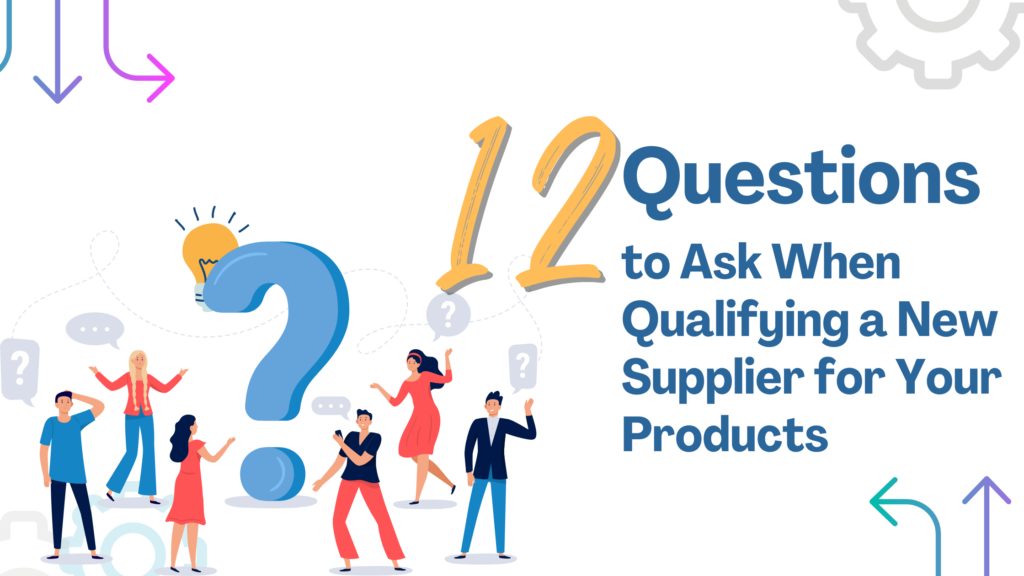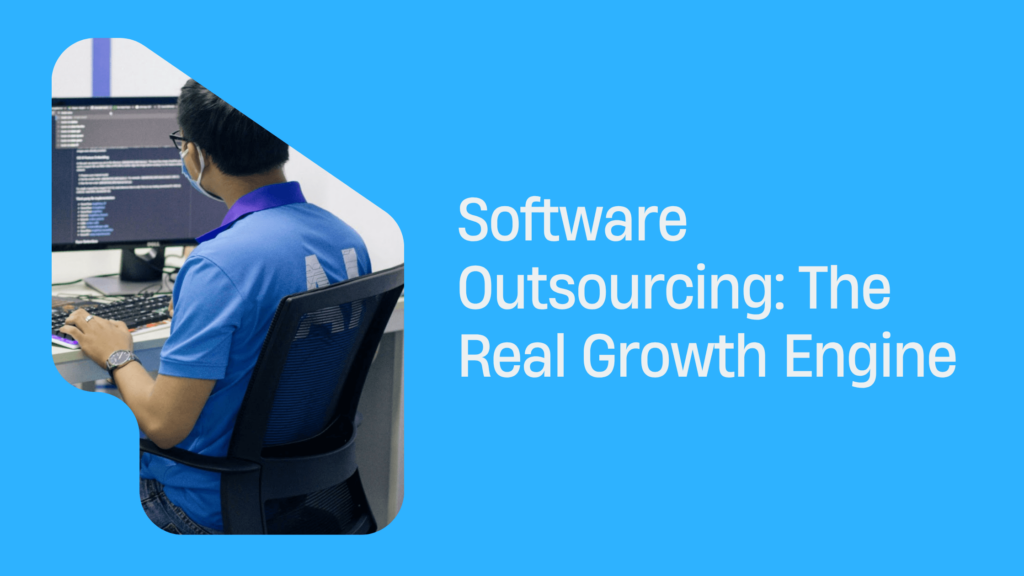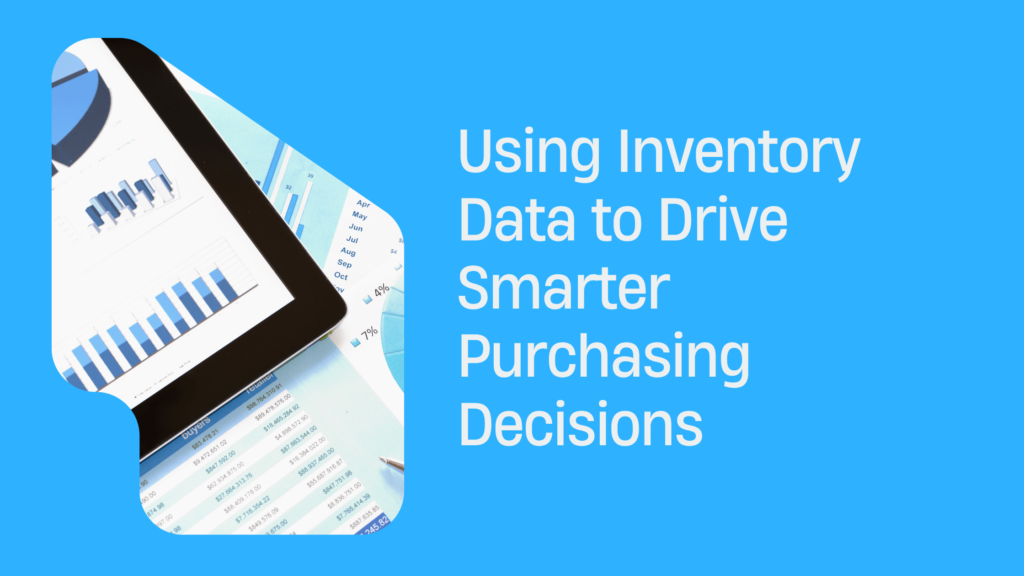12 Questions to Ask When Qualifying a New Supplier for Your Products
In the competitive landscape of retail and ecommerce, choosing the right suppliers is crucial for the success of your business. The suppliers you work with can significantly impact your product quality, costs, lead times, and ultimately, your customer satisfaction. To ensure you make informed decisions when selecting new suppliers, it’s essential to ask the right questions. In this blog, we will explore the key questions you should ask potential suppliers to assess their critical factors.
Here are the key questions:
- Do You Have a Minimum Order Requirement?
- Do You Offer Volume Discounts? What Are the Price Breaks?
- What Will My Total Costs Be?
- What Are the Payment Terms?
- Under What Circumstances Will My Prices Change?
- When Do I Take Ownership of the Product?
- Can You Provide a Liability Insurance Certificate?
- What Is Your Full Product Line?
- How Do You Ensure Quality Control?
- What is Your Production Capacity and Lead Time?
- Are You Compliant with Industry Regulations and Standards?
- Can You Provide References or Case Studies?
1. Do You Have a Minimum Order Requirement?
Understanding a supplier’s minimum order requirement is vital to determine if they are suitable for your business needs. Most suppliers have a minimum order, which may vary depending on the industry. It could be one case, one pallet, or even one truckload.
Knowing their minimums will help you assess if they align with your business requirements and plan your future orders accordingly. These minimum order requirements are often in place to optimize efficiency in the supplier’s warehouse. By consolidating orders, they can ensure competitive pricing for their customers.
2. Do You Offer Volume Discounts? What Are the Price Breaks?
Volume discounts can significantly impact your overall costs, so it’s crucial to inquire about them. Many suppliers provide price breaks for larger orders, allowing you to save more as you buy more.
These discounts are often due to increased efficiencies in the supplier’s warehouse, resulting in cost savings that can be passed on to you. To take advantage of these discounts, it’s important to understand the price breaks and evaluate if you can restructure or consolidate your orders to maximize your savings.
3. What Will My Total Costs Be?
While competitive pricing is important, it’s equally essential to consider the total costs associated with your order. Inquire about the FOB (Free On Board) cost at their dock, which represents the cost of the product at the supplier’s location.
Additionally, ask for an estimate of shipping costs to determine the overall expenses. Some suppliers may also have additional fees for pallets, packaging, labels, or handling. Request a comprehensive breakdown of the total costs, including any additional charges, to ensure accurate budgeting and decision-making.
4. What Are the Payment Terms?
Understanding the payment terms offered by potential suppliers is critical for managing your cash flow. Many suppliers provide credit terms, allowing you to pay for your order after it ships within a specified period. The duration of these terms can vary, with common options being 15, 30, or 60 days.
However, some suppliers may require cash on delivery (COD) or pre-payment via check, wire transfer, or credit card. Clarify the payment terms from the beginning to align expectations and plan your finances accordingly.
5. Under What Circumstances Will My Prices Change?
Product prices can fluctuate due to various factors, such as market conditions and commodity pricing. It’s essential to understand the circumstances that may lead to price changes. Some products may have stable prices over prolonged periods, while others, such as commodities, experience frequent fluctuations.
Engage in a conversation with your potential supplier to gain insights into the market dynamics affecting the pricing of your desired products. The more you know about these fluctuations, the better you can plan and mitigate potential risks.
6. When Do I Take Ownership of the Product?
Clarifying the point at which you assume ownership of the product ensures a clear understanding of responsibilities and potential liabilities. The FOB point, or Free On Board point, indicates the transfer of ownership. If the FOB point is at your supplier’s location, you take ownership when the product leaves their premises.
Conversely, if the FOB point is at your docks, the supplier remains responsible until the product safely arrives at your facility. Understanding the FOB point is essential for accurate inventory management and risk assessment.
7. Can You Provide a Liability Insurance Certificate?
Protecting your business from potential liabilities is crucial in today’s market. Requesting a liability insurance certificate from your suppliers is a proactive measure to safeguard your business in case of product recalls or other issues. A reputable supplier should be able to provide you with a liability insurance certificate that meets your industry’s standard coverage requirements.
Ensure that the coverage limits are adequate for your needs, typically around $1,000,000 in liability insurance for suppliers working with food manufacturers. It’s also important to request updated certificates annually to ensure continuous coverage.
8. What Is Your Full Product Line?
While your immediate focus may be on specific products, it’s beneficial to explore a supplier’s full product line. Asking about their complete range of offerings can unveil opportunities for collaboration beyond your initial requirements.
They may offer additional products that align with your research and development initiatives or serve as alternative suppliers for different categories in times of need. By understanding their full product line, you can foster a more comprehensive and mutually beneficial partnership.
9. How Do You Ensure Quality Control?
Maintaining consistent product quality is paramount in retail and ecommerce. Inquire about a supplier’s quality control processes and certifications to ensure they meet your standards and industry requirements. Ask about their quality control measures during production, packaging, and shipping.
Additionally, explore if they have any certifications, such as ISO or industry-specific accreditations, that demonstrate their commitment to quality. A robust quality control system ensures that the products you receive meet your customers’ expectations and helps protect your brand reputation.
10. What is Your Production Capacity and Lead Time?
Understanding a supplier’s production capacity and lead time is essential for effective supply chain management. Inquire about their capabilities to meet your demand and their ability to scale as your business grows.
Knowing their lead time allows you to align your inventory management and customer fulfillment strategies. A transparent conversation about production capacity and lead time helps avoid potential bottlenecks, delays, and stockouts, ensuring a smooth and uninterrupted supply chain.
11. Are You Compliant with Industry Regulations and Standards?
Compliance with industry regulations and standards is non-negotiable for any supplier. Inquire about their adherence to applicable regulations and certifications, such as FDA regulations, GMP (Good Manufacturing Practices), or specific industry standards.
Ensuring compliance is crucial to protect your business from legal and reputational risks. A supplier who prioritizes compliance demonstrates their commitment to quality, safety, and ethical business practices.
12. Can You Provide References or Case Studies?
To validate a supplier’s claims and assess their track record, it’s beneficial to ask for references or case studies from their existing customers. Contacting these references allows you to gain insights into the supplier’s reliability, responsiveness, and overall satisfaction levels.
Additionally, case studies can provide examples of how the supplier has successfully addressed challenges similar to your own. This information helps you make an informed decision and instills confidence in your partnership.
To Conclude
Qualifying potential suppliers involves asking the right questions to evaluate their capabilities, capacity, quality control, costs, lead times, compliance, and reputation. By thoroughly assessing these factors, you can make informed decisions that align with your business goals and ensure a successful and mutually beneficial partnership.
Remember, the more information you gather, the better equipped you will be to select suppliers who can meet your specific needs and contribute to your long-term success.



